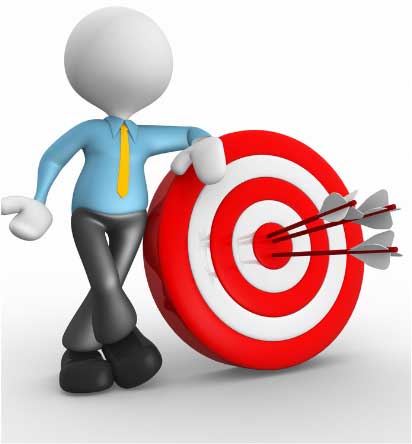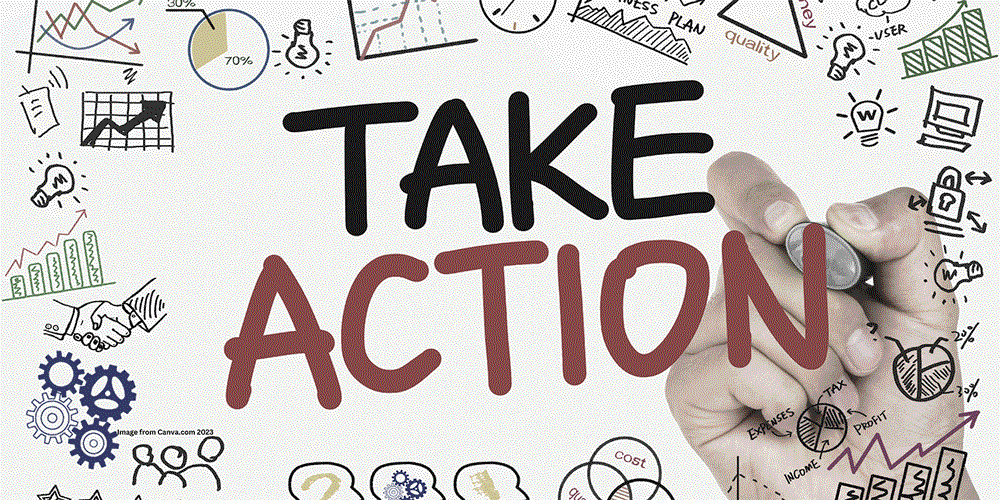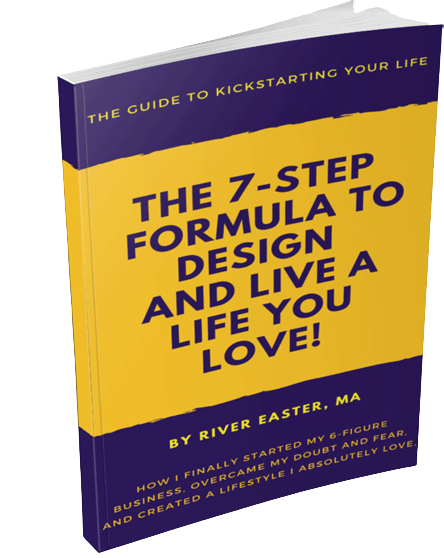“Oh, I would love that!”
How many times have you said that or heard someone say those same words?
Just the other day I heard a friend say, “Oh, I would love to go to Hawaii for two weeks and swim with the dolphins.”
What is it that you would absolutely love to do? Is it something on your bucket list? Or, maybe, you want to write a book, master a skill, start a business, lose weight, or clear out the clutter in your space.
Most people have these dreams and goals, but they have no idea how to actually make them happen.
It isn’t because you aren’t smart or hardworking. It’s because you haven’t been taught how or been given a system for how to consistently create the results you would love.
You, my friend, are in for a treat because I’m going to share the magic of an Action Plan and why having an Action Plan will help you achieve your goals faster and easier.
1. Clarity and Specificity Reduce Confusion
You need to have the destination “dot” on your GPS to navigate where you are going. You need to know where you are going to get there. Simple.
Your destination is important. Without it, it’s like driving to Montana without identifying where you want to go in Montana. You may end up in a number of different places that you don’t want to be. You need to have that specific destination in your GPS in order for you to get to the right place.
A goal has three parts to make it specific and measurable. It has a starting point, an ending point, and a “by when”—your deadline.
Your brain needs this clarity and specificity. It reduces confusion. Chris McChesney, author of The 4 Disciplines of Execution, said it well with this phrase, “Execution doesn’t like complexity.”
2. Focus Your Attention
An action plan focuses your attention. It will activate your brain to pay attention to opportunities to satisfy your desire. We process four billion bits of information every single second. However, we are only consciously aware of a tiny fraction of the information. Price Pritchett, PhD, calls this part of the brain the “big brain.” Think of it like your own personal Google search engine that is working 24/7 for you.
When you have a goal that is written down and you are focused on, it activates the reticular activating system. This is the part of your brain responsible for filtering information and allowing important bits through to your consciousness. Have you ever bought a car and you think you are the only one with that car? I did that with my last car. I swear I had never seen that car before in my travels. However, after I bought my car, I saw it all the time. It’s everywhere! (Volvo S60, P5: I still love it!)
This is because I have commanded my brain to pay attention to this car. Remember, I have to find it in a parking lot!
It is the same way with your goal: your brain is looking for opportunities and ways to achieve your goal. You have your own personal Google search engine working for you 24/7! This is why you can achieve your goal faster and easier once you determine what it is and how to get there. Would this be a reason to break out that Action Plan and take the time to fill it out?

“You can’t hit a target
you can’t see.”
–Zig Ziglar
3. Decision-Making Framework Reduces Cognitive Load
Every day we have many opportunities come our way. It’s really easy to get caught up in life, to be making decisions or choices that aren’t necessarily on track or focus. Successful people have the exact same amount of time as everyone else. The difference is that they’re using it more effectively. The Action Plan becomes a decision-making framework. Ask yourself the question when an opportunity comes up: “Is this moving me closer or away from my goal?”
For example, I had made a goal to spend more time with my family. When I got an invitation in the mail to go to my nephew’s college graduation, it was an easy decision because it was inside my goal framework.
In the past, I might have spent a lot of energy belaboring, fretting, and worrying about what decision to make. Instead, it was easy and I spent the energy making travel arrangements. Best of all, I not only enjoyed the time spent with family, I felt satisfied in spending my time on an activity that mattered to me. It reduced my cognitive load by having criteria for making the decision.
In today’s modern world with social media, instant messaging, and smartphones, and being connected to the global community full-time, we are making thousands of decisions every day. This increases our cognitive load. Research studies say the average person is making about 350,000 choices every single day!
Wow, no wonder my brain gets tired. Having an Action Plan reduces cognitive load. You have a plan. You just follow the plan every day. In fact, it becomes your new “mantra,” to follow the plan. You do this even when you don’t feel like it. You follow the plan. You don’t have to reinvent the wheel every morning when you sit down at your desk. You just what?! That’s right: follow the plan.
Jerry Seinfeld wanted to be a comedian, so his plan was to write a joke a day. His mantra was “don’t break the chain.” He didn’t say, “Write a good joke every day.” It was, “Write a joke a day.” Now he is the richest comedian in the world, worth $950 million!
Make your plan today. You can download my 90-day Action Plan here
“Life is a matter of choices, and every choice you make makes you.”
~John C. Maxwell
Here’s to you living the best version of yourself.
XO,
River



